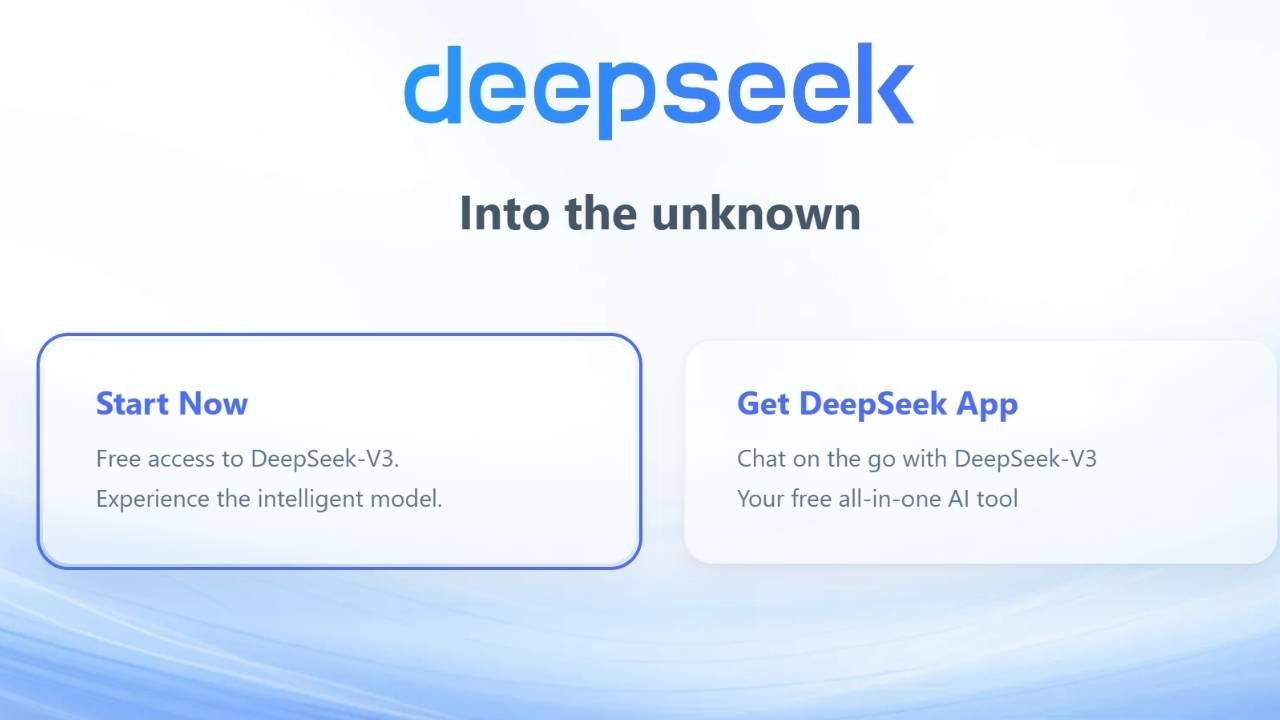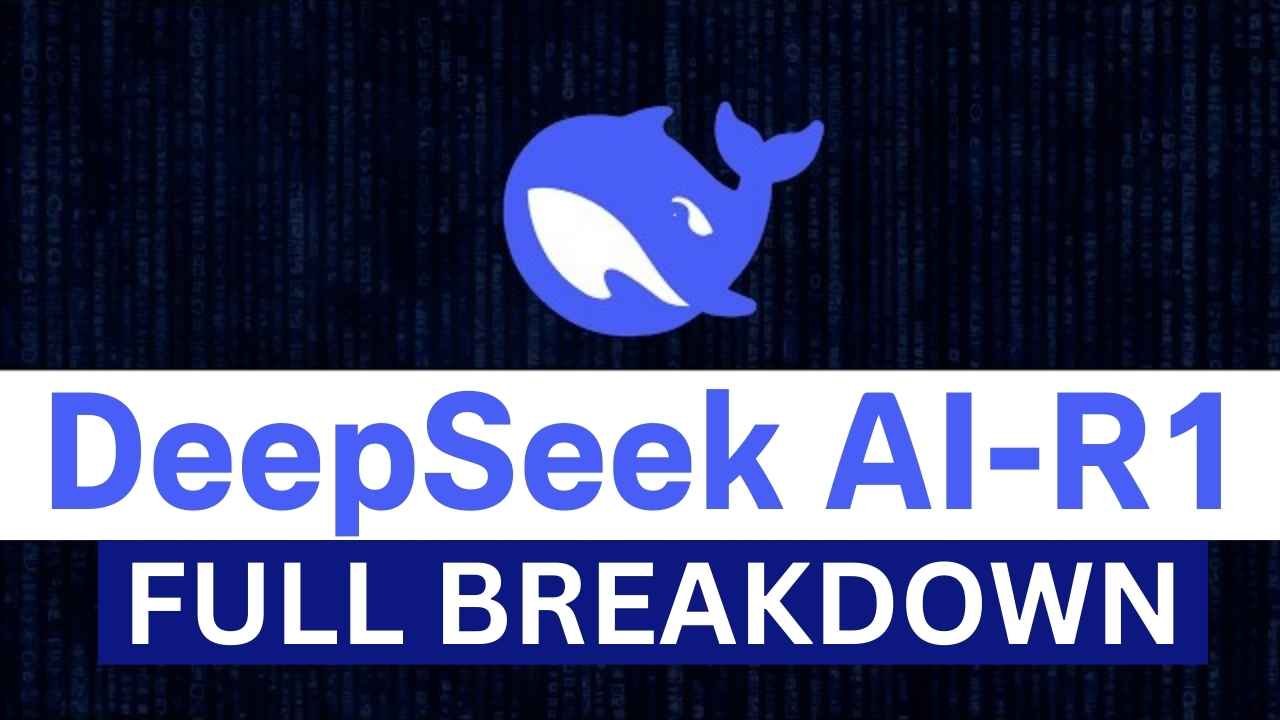Data privacy is perhaps the major consideration in our digital age. Recently, the Chinese AI platform called DeepSeek emerged at the center of discussions about its data practices.
Allegations have emerged that DeepSeek could directly transfer user data to the Chinese government. This article tries to investigate these allegations, looking into the platform’s data collection procedure, storage policy, and implications for users across the globe.
DeepSeek AI – R1: All You Need to Know
Understanding DeepSeek’s Data Collection
According to DeepSeek’s privacy policy, the gathering of different types of data from users is explained. This includes, among others, text or audio input, prompts, uploaded documents, feedback, and histories of the database chat. Such comprehensive data collection is not an exception; such techniques may be required to refine and customize the user experience. However, what raises concerns is not so much the ”what” and ”how” levels of data collected but also the jurisdictions under which data is stored.
Data Storage and Jurisdiction
DeepSeek’s data storage has become a point of major contention amongst its users. Explicitly stated by the company is the fact that all collected information is stored on servers within the People’s Republic of China. With this decision concerning the storage of data, the data are subjected to the Onward Transfer and Data Sharing laws of China, which stipulate that companies feature data accessibility to the government upon request. Thus, any other user data stored by DeepSeek could be requested by Chinese legislative authorities, thereby constituting a breach of privacy.
Sharing Data with Third Parties
Moreover, the DeepSeek policy indicates that user data will be shared with advertising and analytics partners. The stated purpose is to determine the platform’s success and improve service delivery. While collaboration with third parties is by the tech industry’s standard, this increases the risk. Data that is shared with external entities can be susceptible to becoming a target for breach or misuse, thus further violating user privacy protection.
Global Reactions and Concerns
Such potential risks do not escape the attention of the international community. For example, Italy’s data protection authority ordered DeepSeek to suspend its chatbot services in the country because the company did not answer enough queries about its privacy practices. Similarly, the Australian government has warned operators of critical infrastructure to refrain from using DeepSeek over such issues related to national security. These steps indicate a more pronounced concern regarding data handling by the application and the far-reaching implications on user privacy and national security.
Conclusion
DeepSeek indeed provides innovative AI solutions, but its data collection and storage practice raises serious questions about privacy. Users must weigh the likely risks of utilizing the platform, particularly data accessibility by the Chinese government and other third parties. On that note, a general rule is to keep oneself abreast of developments and exercise caution whenever dealing with digital platforms storing sensitive personal data.
FAQs
What type of data does DeepSeek collect from its users?
DeepSeek collects various forms of data, including text or audio inputs, prompts, uploaded files, feedback, and chat histories.
Where is DeepSeek’s user data stored?
All user data collected by DeepSeek is stored on servers located within the People’s Republic of China.
Can the Chinese government access my data on DeepSeek?
Due to Chinese data-sharing laws, companies operating within China, like DeepSeek, are required to provide access to user data upon government request.
Yes, DeepSeek’s privacy policy indicates that user data may be shared with advertising and analytics partners to assess and improve platform effectiveness.
Have any countries taken action against DeepSeek due to privacy concerns?
Yes, Italy has ordered DeepSeek to halt its chatbot services due to privacy concerns, and Australia has advised critical infrastructure operators to avoid using the platform, citing national security risks.





